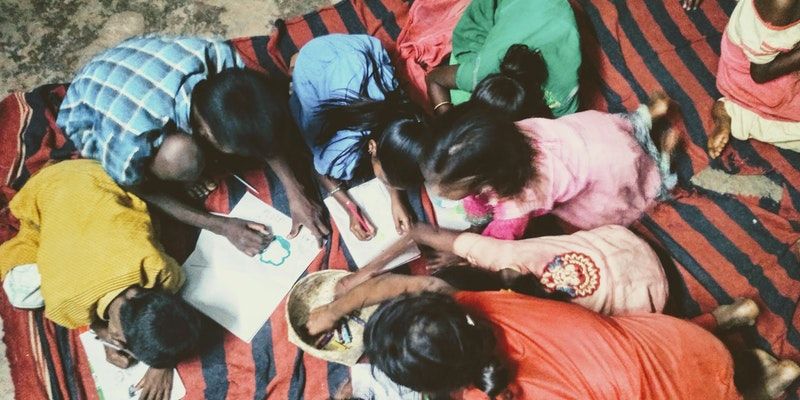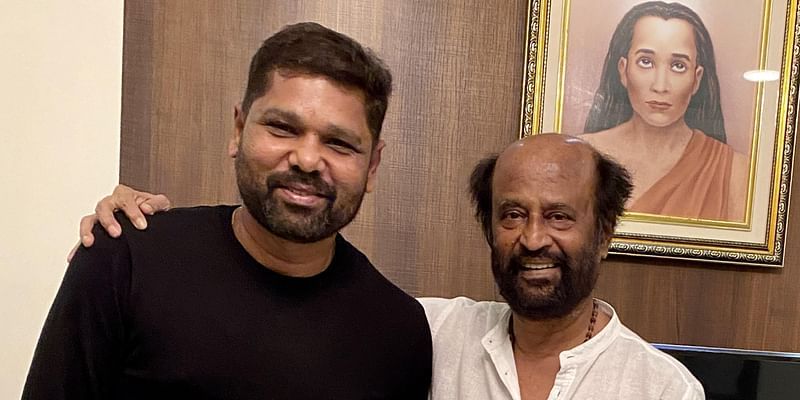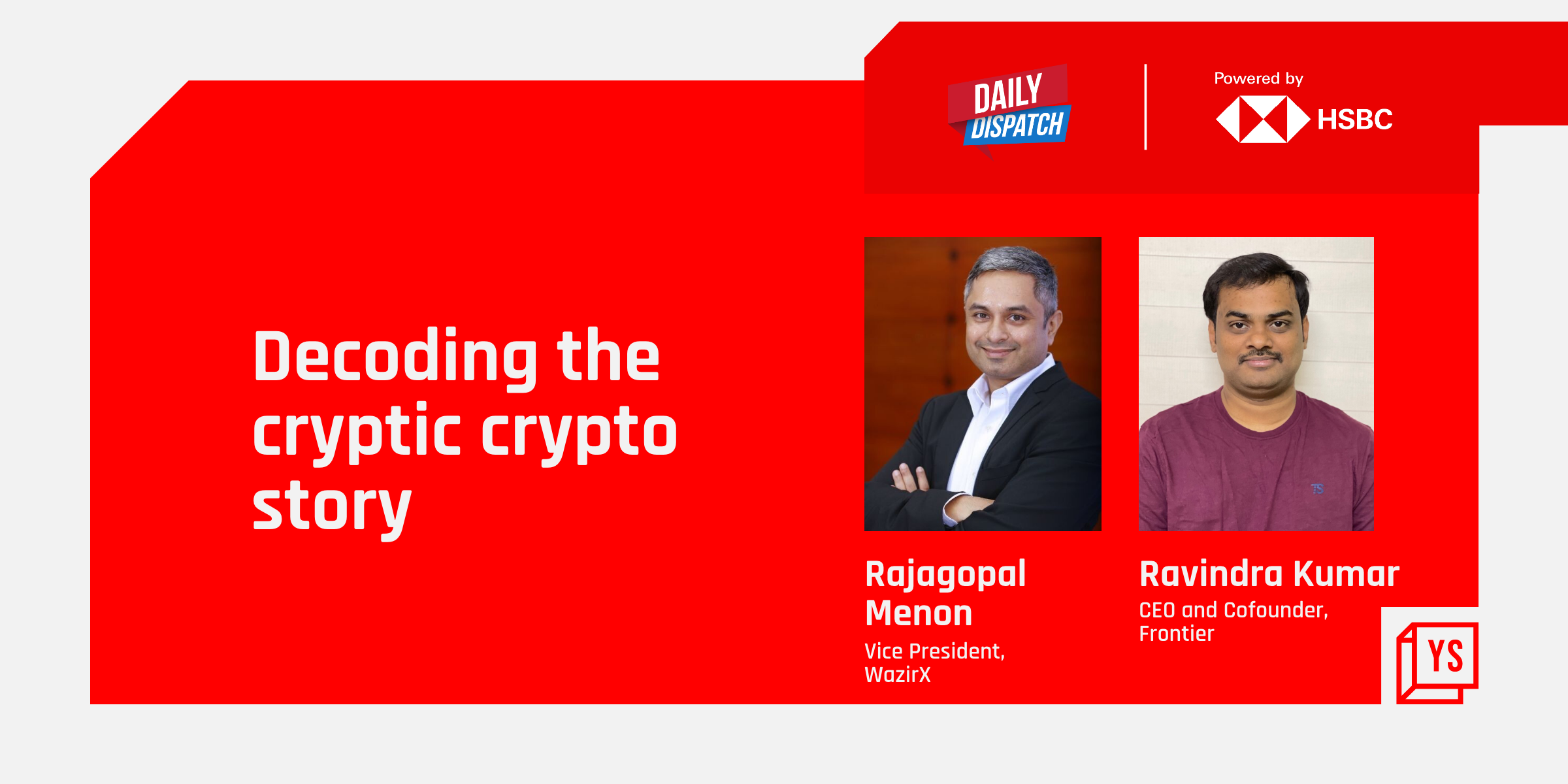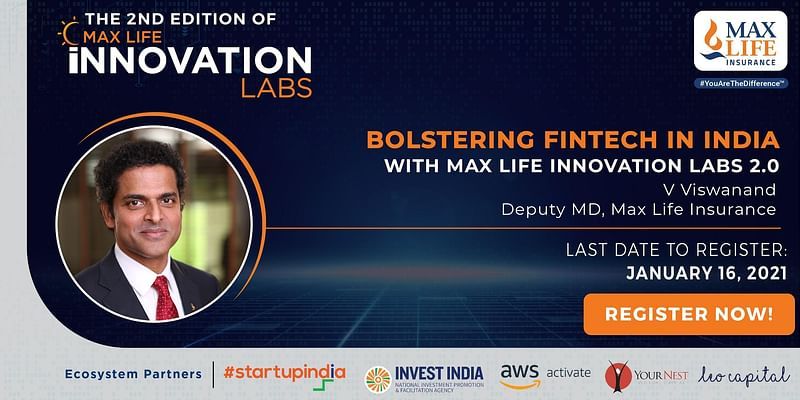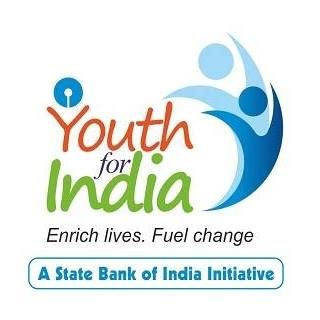
SBI Youth for India
View Brand Publisher10 things I did not know about life in my own country: SBI’s Youth For India Fellows share their insights
We all have grown up listening to the phrase ‘India dwells in its villages’. And what follows this phrase is a string of typical stereotype poverty struck illustrations in our minds that seemingly represent rural India.
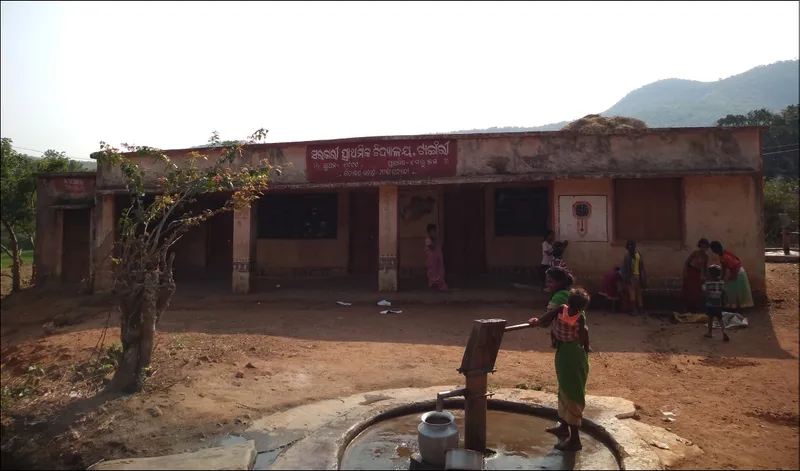
Images of parched land and underdevelopment or of swaying green fields and happy farmers, a young girl working in a small community run school or an underage girl being married-off, a bright-eyed boy with a dimpled smile and a backpack or a child covered in dust from a brick kiln. These stereotyped narratives shape our perspective of rural India. While these aren't entirely false to attribute such depictions to rural India, but there is a lot more that is unknown.
It is here that the experiences and perspectives of SBI (State Bank of India) Youth for India Fellows helps to build a more holistic picture of rural India. Their narratives put light on the largely undiscovered and unrecognised reality of life in some of the remotest parts of India. The Fellows are some of India’s brightest young minds working on rural development projects with experienced NGOs as part of the the 13-month long Youth for India Fellowship Program.
And, here are some of them sharing their real life perspectives of rural India based on their experiences during the fellowship programme.
1. “Content with inequities”
An MBA in finance and armed with a few years’ experience in the corporate sector, Aubrey King-Lee always knew his calling lay elsewhere. Not entirely surprising since he says he grew up listening to stories of the hardships of people working in tea gardens. His calling came in the form of SBI Youth for India(YFI) Fellowship where he got to work with the Aga Khan Rural Support Program India on a livelihood project in Madhya Pradesh. The project aimed to create employment opportunities, mostly for women, through a soap-making project from cow and goat milk. He shares an experience from the early days on the project. “We set up a stall at a local village market but failed to make even a single sale. However, the women weren’t disappointed. Their enthusiasm refused to die down. Many instances like that showed me why rural India is a goldmine.”
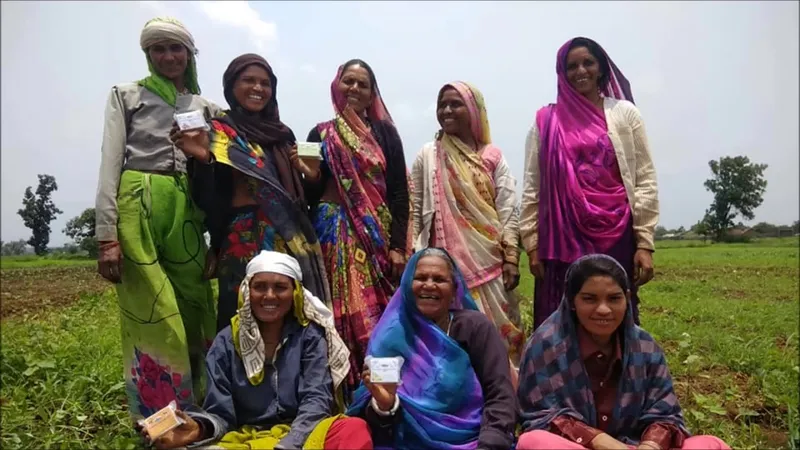
What surprised him the most was that people in rural areas, at least in the villages he worked in, faced hardships due to rampant corruption. Yet that didn’t make them challenge the inequities. “Here, I see a livelihood project as a change agent and not just an income generation opportunity. Because you tend to work closely with them, you are able to able to engage in conversations by taking them into confidence that will help them challenge the sad reality that they live in.”
2. “Incredibly more diverse than urban India”
Sharbani Chattoraj had joined State Bank of India as a probationary officer when the YFI programme was first launched in 2016. “For me, it was a tailor-made opportunity to contribute towards development while being part of SBI.” Working with non-profit Gram Vikas in Odisha on an education project, Sharbani’s experiences were varied and eye-opening — from getting children to bring together traditional Odia stories in the form of a book that was handwritten, edited and illustrated entirely by them, to being inspired by an orphan who refused to wear warm clothes given by the NGO because he felt it wasn’t right for him to avail of comforts when many of his peers didn’t have them.
She says, “We all easily believe the myth that rural India is one cohesive entity – a simplified version of urban areas. That gets busted pretty fast once one starts to live there. Rural India is not just a small town without electricity and good roads. Each village is a microcosm that has its own complex socio-cultural-economic-political milieu and incredibly more diverse than urban India. For me, the first crack in this myth happened very early in the Fellowship when I happened to ask a class of 50 students about the languages they spoke. Back then, I did not speak Odia and often communicated in a mix of Hindi, English and Bengali. In a class of 50, there turned out to be speakers of five languages other than Odia. These included tribal languages like Saura and Kui, none of which I had heard about before. More importantly, Odia was not the mother tongue for any of the kids.”
Sharbani is joining Sciences Po, Paris this August for a Master’s in Development Practice. After the degree, she hopes to come back and work full-time in rural development.
3. “Rural India is either glorified or looked down upon”
Having grown up in Rajasthan’s Dholpur district, Pragati Jain was aware about the good and the not-so-good side of rural India. Pragati joined SBI in 2015. Since she had a passion to help people, she knew SBI YFI would be an experience that will help her create a deep impact. During her fellowship in 2018, she worked with Gram Vikas to bridge the gap between existing government schemes and their beneficiaries, to effect improvement in employment opportunities for locals in the predominantly tribal district of Ganjam in Odisha. She says, “We collaborated with skills training centres in the district. And, with the support of the local Rural Self Employment Training Institute (RSETI) centre we were conducting an employment awareness camp in the blocks. Even though there were RSETI centres within a 60-120 km-radius of the village with some having been there for years, many people told us that they were hearing about the schemes or the existence of the centre for the first time.” The rural experience, she says, helped her become more thankful for the privileges that she enjoys. “I think I have come out as a better person than I was before. More sensitive, more thankful and more respectful.”
Talking about myths around rural India, she says, “Rural India is either glorified or looked down upon. We don’t see them on par with India despite the fact that when it comes to capabilities, they are in no way less. It’s time we changed that.”
4 “Two Indias: one strives for a better lifestyle, the other struggles to make a living”
A former art teacher in a monastic school, Aakriti Bisht was looking to explore the relevance and impact of art education. She got the chance to do this during the SBI YFI Fellowship when working with a tribal community on a night school project. During the year-long programme, Aakriti not only helped to set up a functional night school in a village in Odisha, but also worked on the curriculum and used art to teach subjects such as mathematics, environmental studies and language studies in Oriya. She says, “We also used music and dance in the curriculum delivery. Leveraging visual and performing arts not only made learning engaging for kids but also helped maintain high attendance, in a community that initially refused to send girls to school.” Having worked at length in an extremely remote area that didn’t have proper mobile connectivity, she says she was able to see a clear distinction between urban and rural India. “We see that there are two different sets of people put in two vastly different environments. While one strives for a better lifestyle, the other struggles to make a living.”
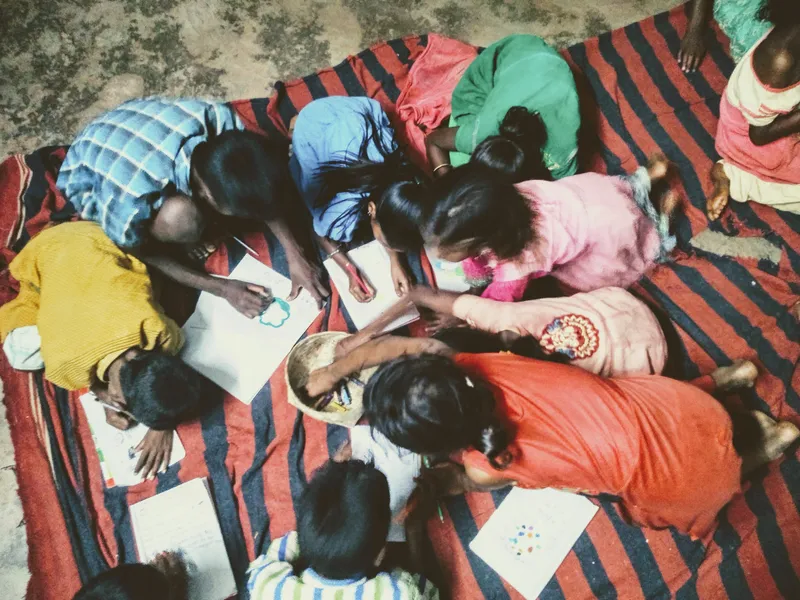
5. “More accepting”
An engineer by education, Pushpamitra Das worked in an IT company for three years and knew it was not something she wanted to do long term. “While I knew I wanted to do something different, it was SBI YFI that paved the way for that journey,” says Pushpamitra. She worked with the Garasiya tribe of Kotda village, 135 km from Udaipur in Rajasthan. Her work involved getting a Shiksha Kendra (a non-formal educational unit) to function sustainably.
“In a village that was 53 km away from the Tehsil, inside 12 kilometers of forest protected land, with no connectivity, with one primary school 5 km away, and a teacher who came at his own whim, the kids were paying for their struggles with lost time. With the community of 60 households, I figured out a sustainable solution to this and got an official sign-off to do something about it. Today, 51 kids study in the Shiksha Kendra.”
While Pushpamitra had her share of struggles with red tape, trying to get a teacher who would be accepting of the hardships, she says, “Despite this, the village is more accepting than any other place. In fact, the village is free of material desires and prejudice. You can just walk into someone’s house for a glass of water and soon you will realise you have been invited for a meal.”
Pushpamitra is now on a journey to get a more in-depth understanding of the education system in the country.
6. “Human connections are so important and relevant in rural India than in its urban counterparts”
The decision to take a gap year after obtaining her undergraduate degree led Anagha Ann Thomas to become the youngest Fellow of the 2018-19 SBI YFI cohort. From lush green Kerala, she began working on health education project in the largely arid village of Singla in the interiors of Rajasthan. Her project aimed to design and disseminate a health curriculum and a health toolkit which would equip anyone to work on kids’ health. “When I came to the village, I thought that I will be able to help the community in a lot of ways. In my fellowship journey I understood that I received more than I was able to give,” says Anagha.
She adds, “One of the key learnings was how important and relevant human connections are. Not just philosophically, but also practically. In urban areas, we have the technologies and amenities to help navigate in places we don’t know about. We need not depend on anyone to do things. But in rural places, we depend on each other to get information, be it for transit or for work. The whole system is built around the human connection. Interpersonal relationships are especially important. You realise why building relationships and working together is extremely important.”
7. “The strength to overcome any challenge”
When Kavya P, a psychologist by education, couldn’t achieve her dream of joining the armed forces, she took to mountaineering. But a chance article on rural India led her to SBI YFI. “I realised that joining the forces wasn’t the only way to serve my country.” As a Fellow, she worked to streamline maternal care for women in the village. From going door to door to understand the urgent needs of pregnant and lactating mothers to creating a mother’s club to drive awareness on maternal and child care, and even being cared for by the very same community when she was unwell with typhoid, she says the experience was one that she will forever be grateful for.
When working closely with the rural women, she says, “I saw how strong they were. For instance, knowing that alcoholism is one of the prime contributors to domestic violence, they put an end to alcohol production in the village and no one was allowed to supply any sort of intoxicant. They even set up a vigilance community.” She adds, “Besides that, their attitude to comfort you in any situation sets them apart from urban communities. When I fell terribly sick, they nursed me back to health. Be it love, care, food or mental support, I was given all that and much more. I don’t think the experience would be the same, if I fell sick in a city.”
8. “The misconception that they don’t work hard enough is far away from the truth.”
While everyone appreciated Rupa Bhattacharya’s decision to take up a career in litigation, somewhere, her heart wasn’t in it. That’s when she heard about the SBI YFI Fellowship and decided to take a plunge. She worked on a health-related project in Rajasthan that promoted nutritional supplements made by local women’s self-help group to tackle the prevailing problem of malnutrition and anemia, especially among women and young girls, while also sensitising them about the need to look after their health.
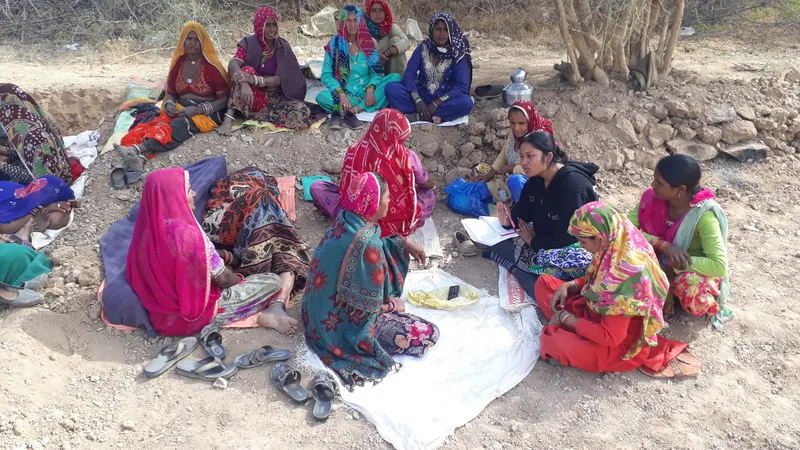
Sharing her experience of working in rural India, she says, As an urbanite, I hardly had any experience of rural life. I had the misconception that they didn’t work hard enough and that led to the vicious cycle of poverty. I also thought they were complacent. But, when I saw farmers toiling away in the heat, dust and rain, I knew I was wrong all along.
9. “Young girls are fighting patriarchal and societal oppression”
A mechanical engineer by education, Joseph Jetto was looking for an opportunity to work at the grassroots. That search led him to Rajasthan’s Tilonia as an SBI YFI 2018-19 Fellow. He worked with the Women Barefoot Solar Cooker Engineers Society (WBSCES) on a project that aimed to make solar cookers affordable and at the same time feasible for marketing, thereby ensuring the sustainability of the project. The project saw Jospeh leading the prototype development of a low-cost solar cooker, a DIY solar cooker kit that enabled villagers to make solar cookers from waste materials to conducting workshops.
While working closely with women, he says he observed that the young generation did not always conform to oppressive customs. “I saw fewer younger girls in the village wearing the veil or the ghungat and some even opted for urban clothes. While the patriarchal oppression was very evident for older women, the young generation were rather non-conformist, to an extent.”
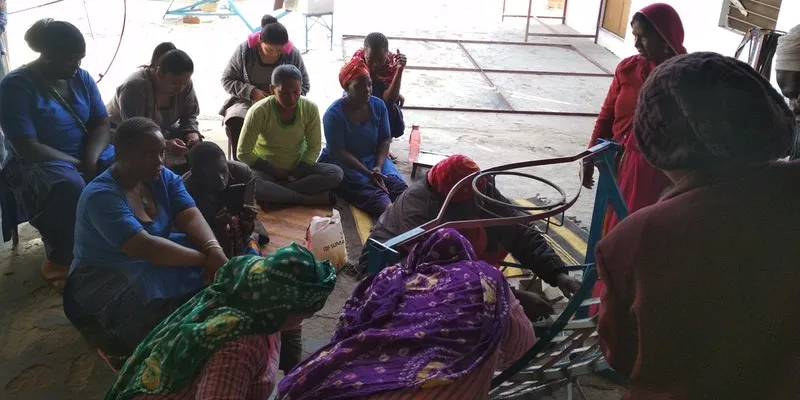
10. “Rural India cannot be generalised. It varies from village to village, state to state”
Growing up in Assam’s Dhemaji district which was deeply affected by annual floods, insurgency and counter-insurgency, Satyajit Borgohain had seen hardships at an early age. “While it affected everyone, women suffered the most.” And, to bring awareness and provoke conversations and action he began presenting papers at academic conferences. While pursuing a Masters in Psychology, he applied for the SBI YFI Fellowship. He worked with the Agha Khan Rural Support Programme on a women's health project in Madhya Pradesh’s Burhanpur District. “Many pregnant women did not register their pregnancy, because of which they were deprived of the benefits they could have availed under the government schemes. They didn’t have ante-natal care, no safe delivery, lack of awareness of immunisation. The problems were multifold. It was taboo for men and women alike to discuss pregnancy and menstruation, and it was even more unthinkable to discuss it with a stranger from the opposite sex. That said, I couldn’t straightaway dismiss their thoughts as they had been conditioned by the environment they were in.” The year-long Fellowship saw Satyajit not only winning their trust, working towards breaking those taboos, but also raising awareness and ensuring that they had access to healthcare. Registering a 100 percent immunisation by the end of the Fellowship speaks for Satyajit’s efforts. “Also, husbands who were indifferent about the pregnancy were accompanying their wives to the health centre, an achievement in itself,” he says.
According to Satyajit, “Rural India cannot be generalised. It varies from village to village, state to state.” Highlighting the experiences of the two villages he worked in during the Fellowship, he says, “Even as we talking about finding water in extra-terrestrial land, there are people who don't have access to drinking water right here. Every day is a struggle for survival with hospitals sans doctors, schools sans teachers. Mothers are delivering babies in open fields because they have no option but to work.”
Post the fellowship, Satyajit has been able to tap numerous opportunities to catalyse change on the ground. Today, he is directly involved in planning, designing and implementing schemes announced under the Arunachal Pradesh state annual budget.






